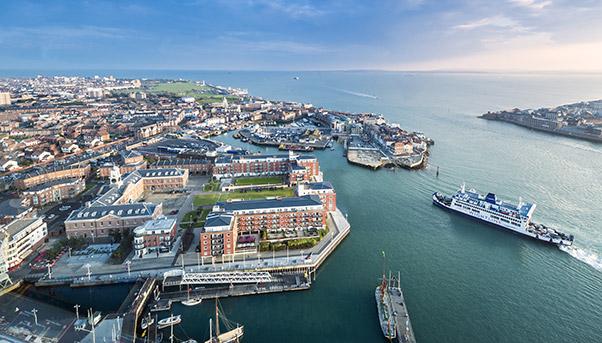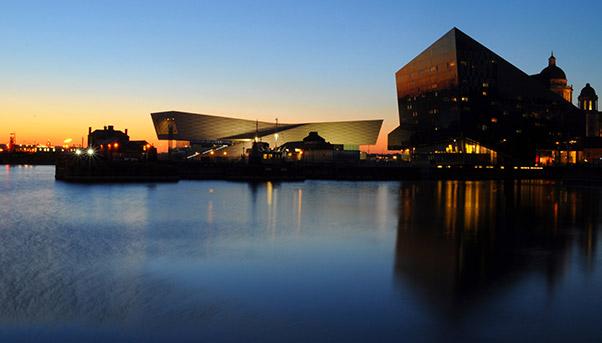
The future of the United Kingdom’s ports are at the center of a new government program, Maritime 2050, which will create a road map of measures needed to guarantee the country’s continued prominence in the global shipping trade.
«Maritime 2050 is going to be a blueprint that will harness our strengths as a nation, that will help us understand how we reach our full potential, and how we demonstrate our ambition to be a world maritime leader», said Chris Grayling, the UK Transport Minister.
Maritime 2050
An ambitious and wide-ranging program, but above all, a long-term plan that follows in the footsteps the Britain’s traditional leadership sea trade. Maritime 2050 is still in an embryonic phase, but the government has thrown its full support behind it, as demonstrated by Grayling’s presentation.
«We want to maintain our position as a world-leading maritime nation and working with the experts from within maritime, as well as those with broader experience, will help us ensure we take every opportunity open to this vital sector», said Grayling.
Among the experts on the advisory panel are three ex-presidents of the UK Chamber of Shipping, but also members of the government, university professors, bank consultants and representatives of ports and maritime industries.
They will be asked to lay out a road map for the future of the maritime industry in the United Kingdom, determining not only which infrastructure assets need to be modernized or substituted, but also where to direct spending in innovation, like for example a significant reduction in emissions. The UK has decided to accept this huge challenge, in keeping with its past expertise and in recognition of the strategic value of this sector for the national economy.
Investments in ports
While the government works on the details of the Maritime 2050 plan, the country’s privatized ports have already started making a series of infrastructure investments, with planned spending totalling £1.7 billion, or $2.4 billion from now to 2020. These figures were compiled by a study commissioned by the British Ports Association (BPA), the industry trade group, and conducted by consultancy Moffatt & Nichol.

«Ports are doing their bit but we rely on the government to ensure that road and rail connections from the port gate are fit for purpose», said Mark Simmonds, who heads the “Port Futures” program for the BPA.
According to the study, these development plans, however, will only reach their maximum potential if the British government support the projects by stepping in with spending on streets and railways that make it easier to move people and things.
Upgrading the 18 ports
There are 18 ports in Great Britain that have announced spending on maintenance and development from now to 2020, according to the BPA’s report. One of the most important projects will involve Bristol, where £400 million is being spent to enlarge the docks so that the port can be used by the world’s largest container ships. Tilbury is getting a £300 million investment, which is being enlarged to handle the increase in traffic in the wake of a new Amazon distribution center built in 2017, which has driven up trade in the area.
However, along with highlighting the investments under way, the report is trying to demonstrate to government that public investment is vital for economic growth.
«The terrestrial and marine planning and consenting process is also cumbersome and costly and often holds back or even prevents some sustainable port development», Simmonds added. «We hope that this report helps the government to develop an accurate picture of the investment that industry is making when developing its policies and making its own investment decisions regarding infrastructure».
Risks and opportunities for the future
The report – along with an overview of planned investment in the coming years – contains an analysis on risks and opportunities for shipping in the United Kingdom, a sector which is vital to its economy. Currently 95% of British international trade transits through its ports. The goal therefore, shared by the British Ports Association and the UK Transport Ministry, is to bolster the role of ports as economic hubs. They have identified four drivers where it is necessary to invest to meet this goal: technology and automation; measures to deal with the impact of climate change; reform of rules and laws to encourage growth; harnessing the power of social and economic trends. Ambitious targets that the government aims to reach when Maritime 2050 is fully operative.


